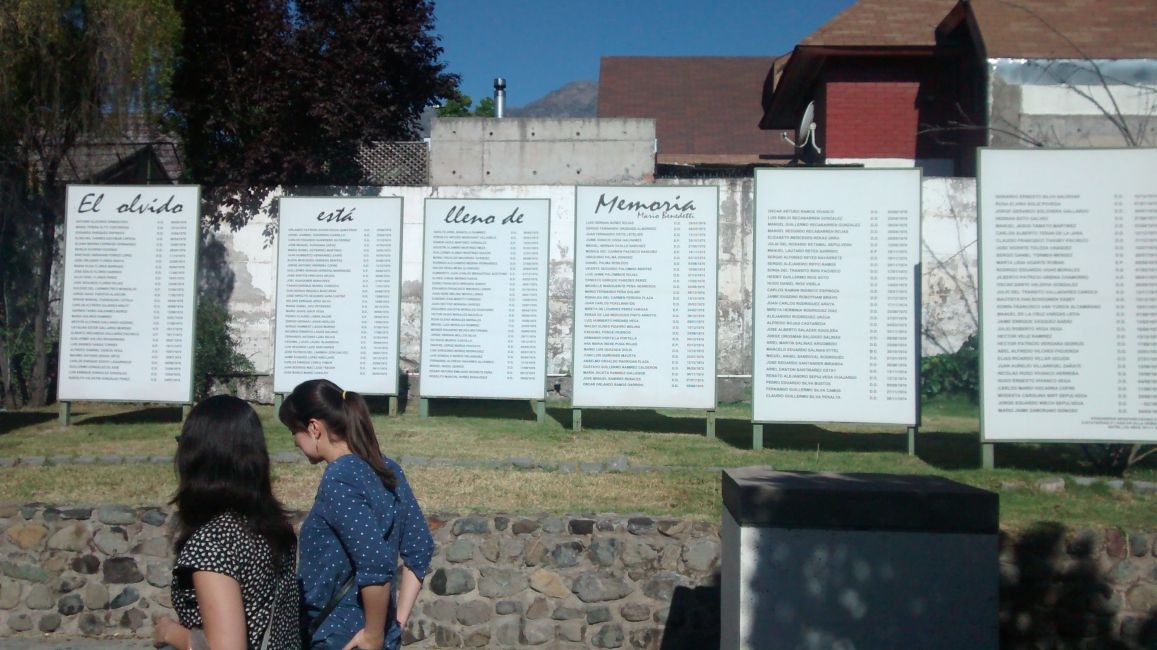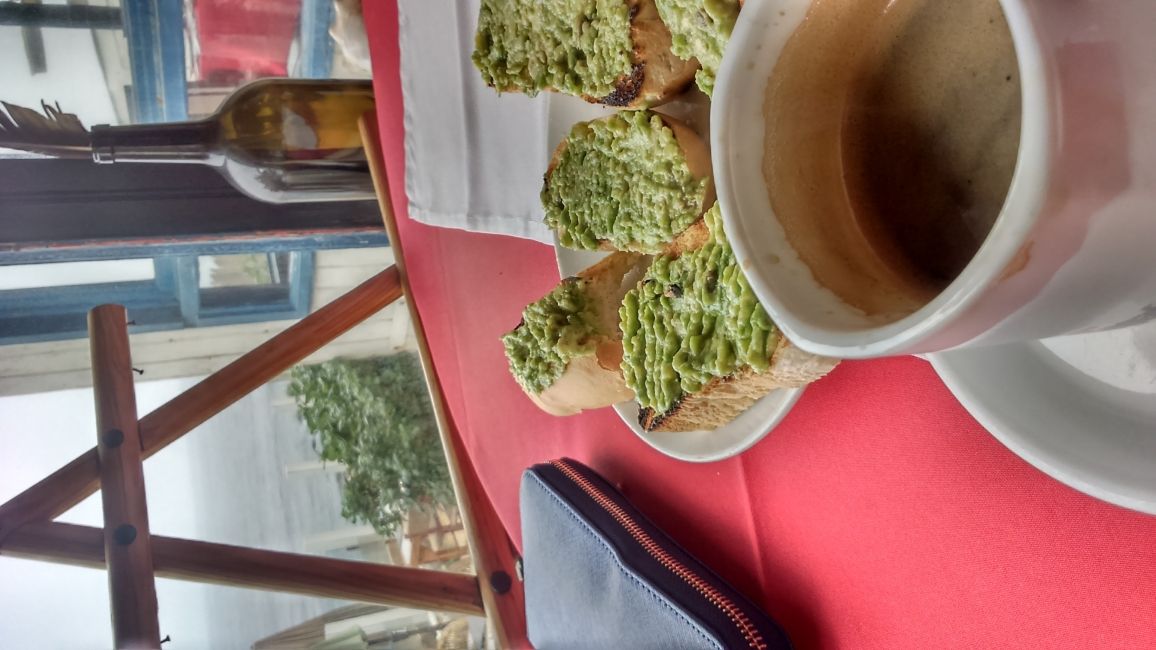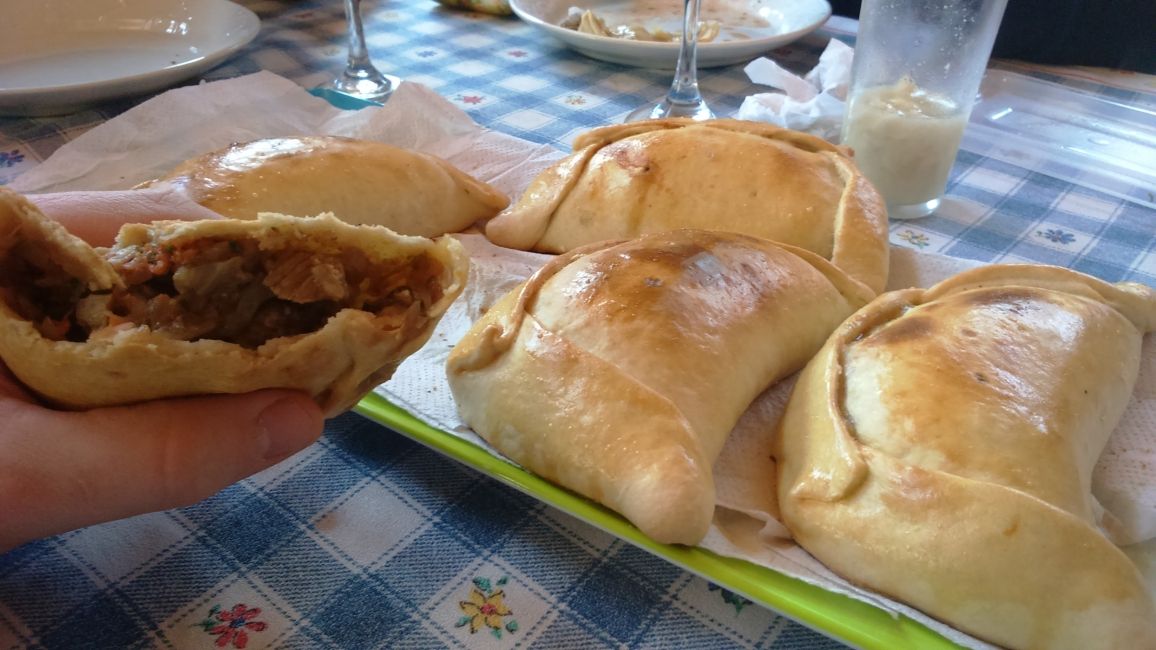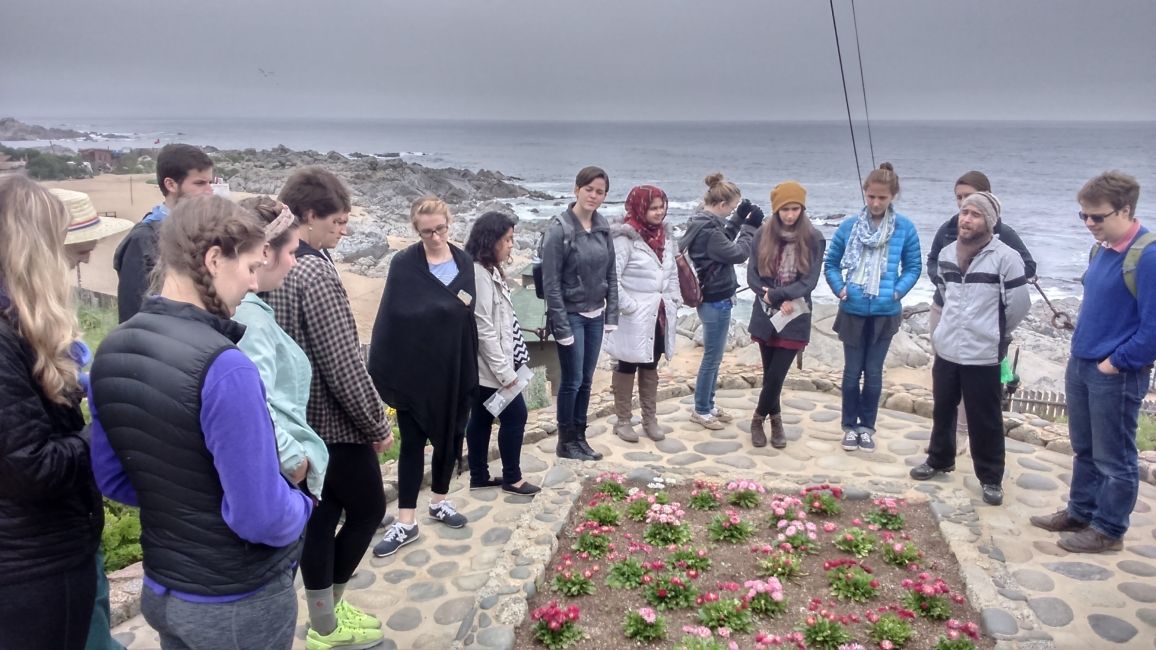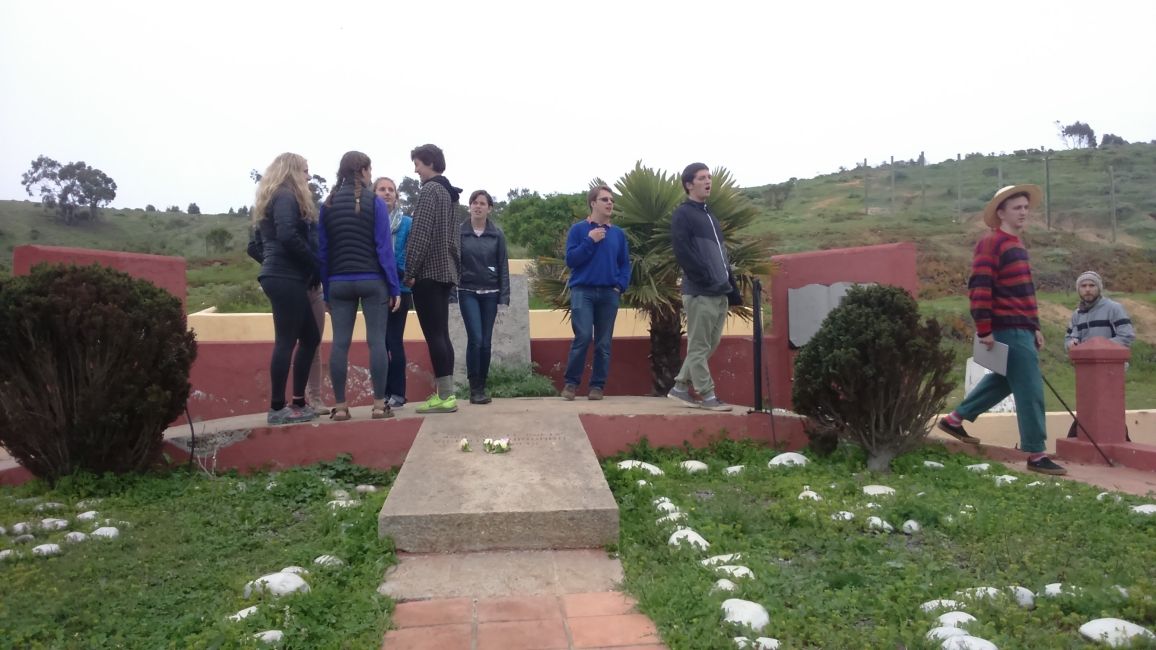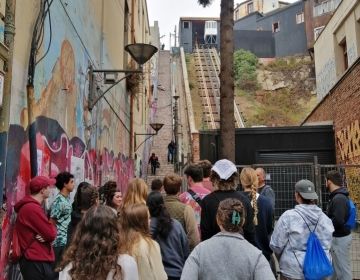Chilean Spanish
I don’t know if you have heard this, but of all the variations of Spanish spoken around the globe, it’s said, that Chilean Spanish is the hardest one to understand and speak. Chileans tend to aspire the “s” at the end of words, speak very fast and use an extremely local slang that on many occasions Spanish speaker from other countries do not understand. It is also said that if you learn to speak Spanish in Chile you would have pass the hardest test in your journey to learn Spanish, the speed of our speech and the lack of proper pronunciation make it a bit hard to grasp at first but, after a few days, your ear will get use to the fast pace and developed an ability to recognize all sounds in Spanish.
The Spanish language throughout Latin America it is deeply influence by the native languages spoken in the different regions of the south cone, the CHE contraction so widely use in Argentina comes from the Mapuche people, which name mean MAPU= TIERRA and CHE= GENTE, GENTE DE LA TIERRA (People of the land), the Mapuche settlements extended from south-central Chile and Argentina to the beginning of Patagonia, which was considered the territory of the Selk'nam or Ona people. Furthermore, from the Mapudungun language we have words commonly used in Chile like GUATA that means stomach, CAHUIN is gossiping, PICHINTÚN it is just a little bit of something or QUILTRO that literally means dog in Mapudungun and that nowadays we use to refer to stray dogs, and the majority of the names of cities and small towns in the south of our country are the original names given to those places by the indigenous people. Language it is constantly evolving, changing and it is culturally influenced by the region in which is spoken, it changes and moves around, going from mouth to ear all around South America and the world. My personal favorite word has travelled the continent even before the Spaniards, from the Nahuatl language, the word Apapachar, came all the way from Mexico and was adopted in many countries in LATAM, it means hug with the soul.
Do you have a favorite word? Do you know where this word comes from? Come to Santiago and learn about Mapuche language and culture, and their influence in the way we speak Spanish.
Related Posts
Study Abroad Chile: The Ultimate Guide
Ready to take your study abroad experience to the next level? Say hello to Chile, the long, skinny gem of Latin America, where adventure meets education in the heart of... keep reading
Embarking on a Cultural Odyssey: The CIEE Santiago January Exchange Unveiled
Santiago's vibrant tapestry provids the backdrop for weeks filled with enriching encounters and memorable moments. Although, not primarily a language-oriented program, the immersion component stands out as daily interactions with... keep reading
Valparaiso Reflection
Author: Emma Denny University of South Carolina During their trip to Valparaíso, another Capstone scholar student from the University of South Carolina wrote the following reflection on the architecture of... keep reading
